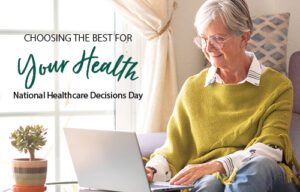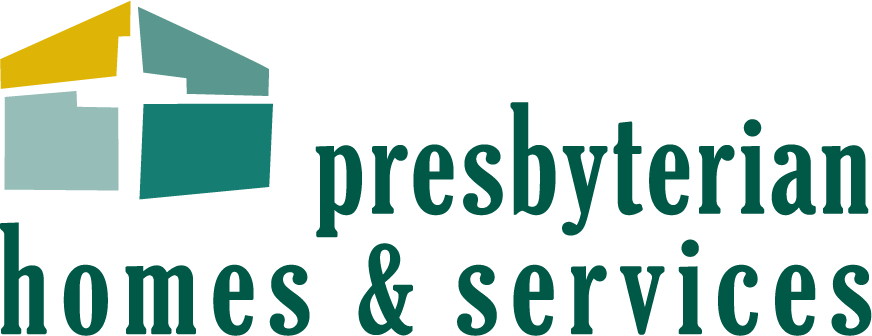When Marilyn Didling’s younger brother James went to the hospital earlier this year for a simple medical procedure, the last thing she thought she’d have to do was make a decision regarding his end-of-life care. Her story urges older adults to create advance heath care directives (AHCD) to inform loved ones of their wishes if they can’t decide for themselves.
 In January 2024, James had surgery to treat edema in his foot.
In January 2024, James had surgery to treat edema in his foot.
While at the hospital, his health began to decline.
“All of a sudden it went to a blood disease and then he went into cardiac arrest,” Marilyn said. “I was his only living relative.”
Appointed his guardian, Marilyn was soon bombarded with questions from James’ medical team.
“I thought, why are they calling me now?” she said.
Doctors explained to Marilyn that James – her only sibling – had no living will. His health was failing. They asked if James should be moved to comfort care, palliative care or transitional care. A former nurse, Marilyn was well-versed with these options.
When she visited James, “the only thing keeping him going was all these tubes and lines,” Marilyn remembers. “He was on life support, and I knew he wouldn’t want that.”
Marilyn made one of the hardest decisions of her life to remove her brother from life support. The surprising decision came with unwanted stress.
Now, Marilyn wants to spread the word to create a health care directive so others won’t experience what she did.
A health care directive is a document that informs others of your health care wishes. It allows you to name a person (“agent”) who will assure that your choices are honored or decide for you if you are unable to decide for yourself. Physicians, health care providers and hospital staff are bound by law to follow your directives.
Honoring Choices, a PHS program, helps you and your loved ones navigate these conversations focusing on your health goals, spirituality, and what it means to live fully while remaining realistic about the end of life.
Marilyn noted, “There are a lot of people who should be informed about these things who aren’t informed. If you have all these wishes made, you should have … somebody know where these things are, and who’s next in line to take care of them.”
Looking back, if James had an advance health care directive, he “would have made the decision, and not me,” Marilyn stated.
She wants people to know how easy and important it is to create their own AHCD.
“I would urge people to talk through it,” Marilyn said. “You don’t want your family member to go through that and not know what your wishes are. You should let them know.”
April 16 is National Healthcare Decisions Day. PHS is lifting up this day to encourage you and the people most important to you, to begin this conversation about your wishes for care. Learn more about our Honoring Choices approach, offering encouragement and guidance for you to create a health care directive.



